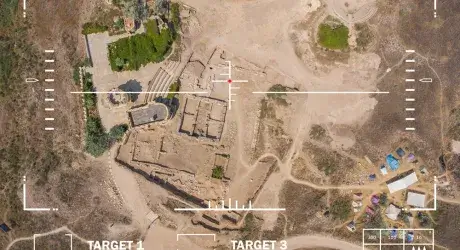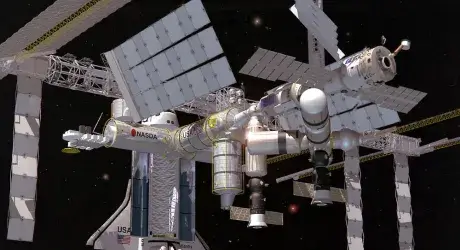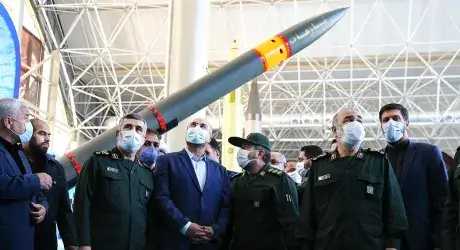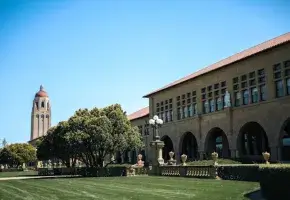Topic
Global Affairs
Global Affairs
Developing innovative and sustainable policies to address crucial issues affecting people worldwide.
Featured Update
Bulletin
Projects
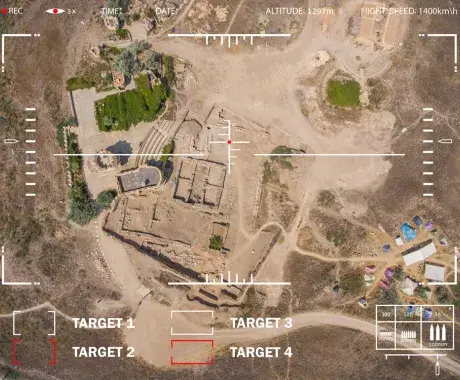
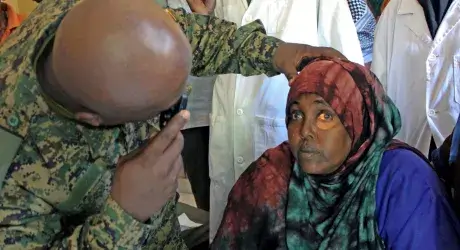
-
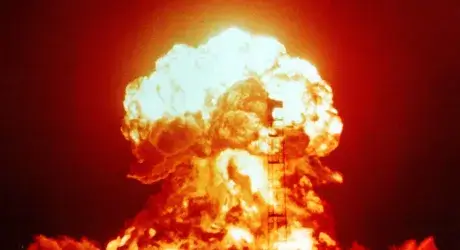
-
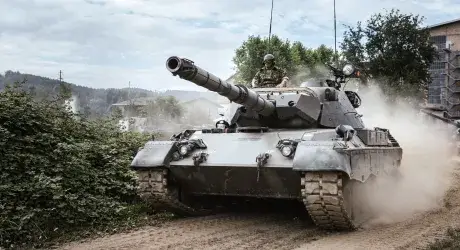
-
View more projects
Projects


Project
Rethinking the Humanitarian Health Response to Violent Conflict
Chairs
Jaime Sepúlveda, Jennifer M. Welsh, and Paul H. Wise

Project
Meeting the Challenges of the New Nuclear Age
Chairs
Christopher F. Chyba and Robert Legvold

Project
Civil Wars, Violence, and International Responses
Chairs
Karl W. Eikenberry and Stephen D. Krasner
Publications
Publications
Research Paper
|
MAR 2024
The Future of Nuclear Arms Control and the Impact of the Russia-Ukraine War
Research Paper
|
DEC 2023
The Altered Nuclear Order in the Wake of the Russia-Ukraine War
Dædalus
|
Spring 2023
Delivering Humanitarian Health Services in Violent Conflicts
Book
|
JAN 2023
